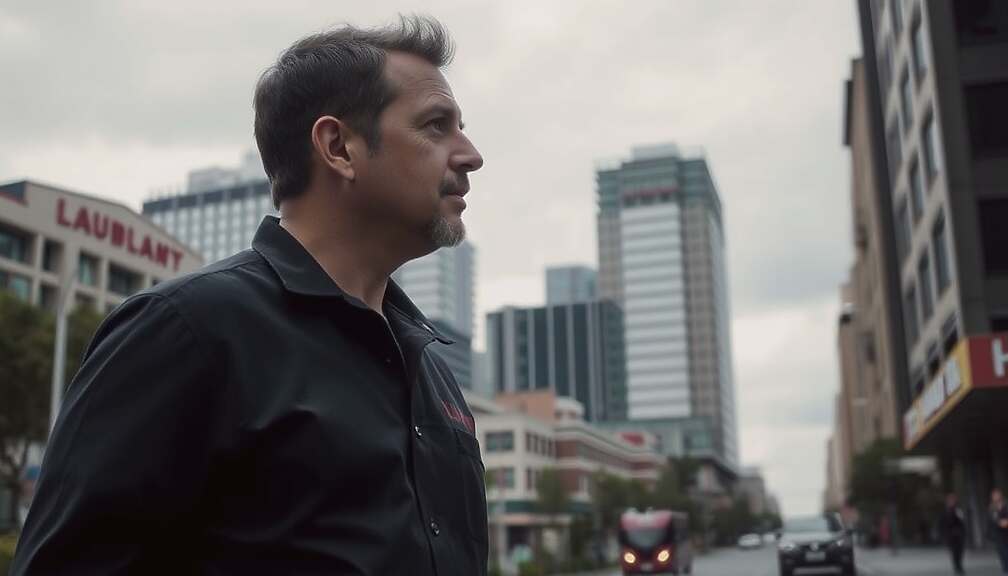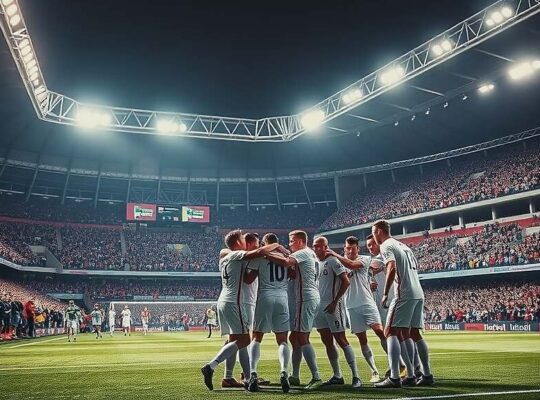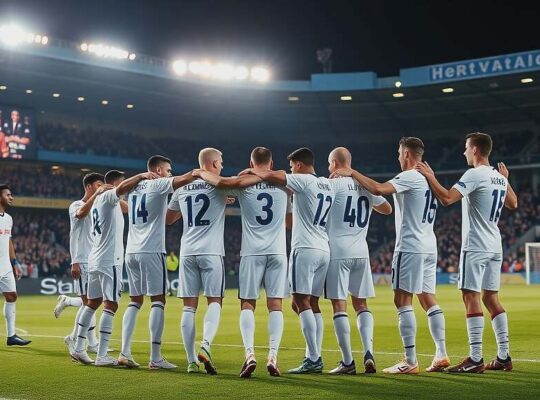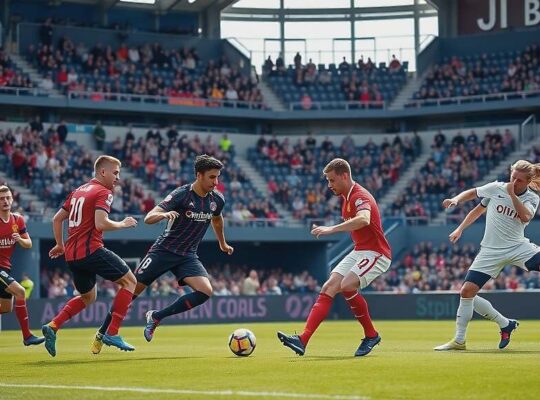Despite a lackluster start to the season, Hertha BSC captain Fabian Reese remains steadfast in the team’s ambition to achieve promotion to the Bundesliga. In an interview with “Der Tagesspiegel”, Reese acknowledged the current challenges but emphasized the unwavering belief within the squad, stating, “It’s our dream. But for this goal, we need victories”. He stressed the necessity of consistent energy and performance throughout the campaign, anticipating a crucial push towards the end of the season in March, April and May.
Beyond the immediate focus on footballing success, Reese’s comments offer a glimpse into a player consciously navigating the evolving landscape of professional sports and public image. The 27-year-old, a native of Kiel, also expressed a strong desire for a long-term future in Berlin, hinting at family aspirations and a commitment to the city alongside his footballing career. “It would be a lie to say what we are doing in 20 years” he conceded, “but if I had to decide now, I would definitely want to grow old in Berlin.
Reese’s popularity extends beyond the pitch, driven by his dynamic playing style and public displays of affection for Berlin, often amplified through his significant Instagram following. He has emerged as a vocal advocate for a redefined image of masculinity within the sport, directly challenging traditional norms. “I don’t live off toxic masculinity, that’s for sure” he asserted, referencing his choice to paint his fingernails as a personal expression. He views these choices, potentially seen as unconventional, as a conscious effort to inspire others. “I want to show how I am – even with the risk that people feel triggered.
The interview also revealed a surprisingly candid portrayal of Reese’s personal struggles. Despite projecting an image of confidence and success, he admitted to battling self-doubt and experiencing moments of perceived failure. “I struggle with many things” he revealed, “there are also many moments when I think I am failing, when I have to motivate and rearrange myself again”. He actively combats these feelings by embracing new experiences, suggesting a desire for continuous personal growth alongside his professional commitments. His openness sheds light on the pressures faced by modern athletes and the increasing transparency expected of public figures. His willingness to discuss vulnerability may resonate with a generation seeking authenticity and challenging conventional notions of strength and resilience within the demanding world of professional football.












